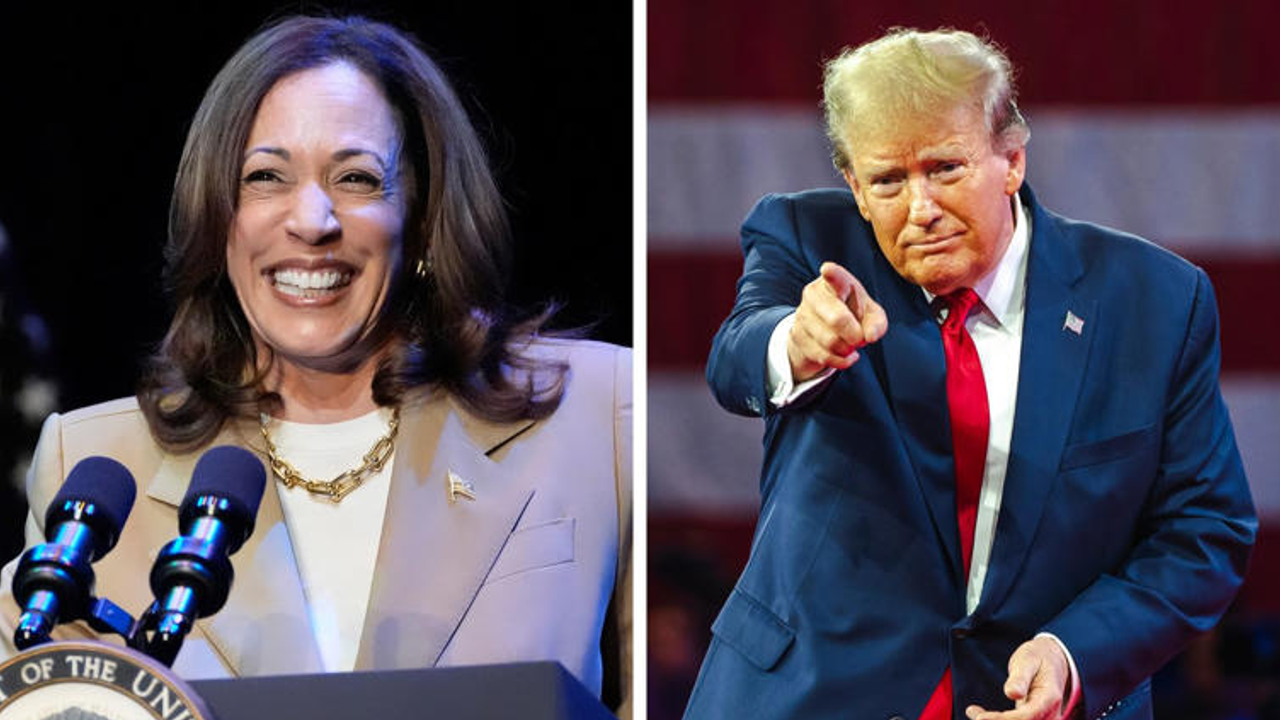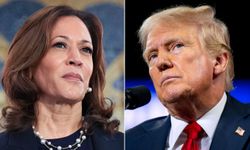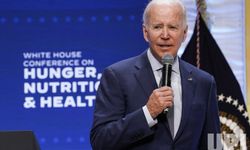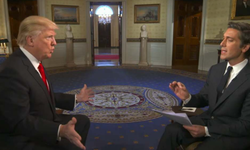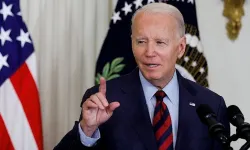The focus group, composed of undecided and independent voters from crucial swing states like Pennsylvania, Michigan, Wisconsin, and Arizona, tuned in to the debate with the goal of identifying the candidate they believe not only performed best but who could also defeat the Democratic nominee—widely assumed to be President Joe Biden. And in a result that is sure to get political strategists talking, they settled on a candidate who displayed confidence, policy knowledge, and the elusive ability to resonate with a cross-section of American voters.
The winner of this focus group's approval wasn't just someone who could lob zingers or play to the base; rather, it was a candidate who seemed to genuinely address the concerns of voters in these pivotal states. This choice isn’t just a matter of preference—it’s a reflection of what swing voters believe the country needs as it heads toward one of the most consequential elections in modern history.
The debate, filled with a mixture of policy deep dives, personal jabs, and sound bites aimed at winning the news cycle, saw multiple candidates trying to carve out their lane in a crowded field. But despite the noise and fireworks, one candidate stood head and shoulders above the rest for this group of voters. They weren't just watching for entertainment value; they were looking for substance, for someone who could transcend partisanship and speak to the issues that affect their daily lives—like the economy, healthcare, immigration, and the future of democracy itself.
Interestingly, the focus group seemed less swayed by candidates who leaned heavily on the typical “culture war” talking points or who tried to simply align themselves with former President Donald Trump’s brand of populism. While Trump remains a looming figure in the GOP, the swing voters appeared more interested in finding a candidate who could stand on their own, forge a new path for the party, and offer something fresh for the general electorate. In fact, several participants commented that they were looking for someone who could, in their view, bring a "return to normalcy" and help heal the deep divisions that have defined American politics over the last several years.
The focus group’s top choice was also notable for their ability to stay calm under pressure and avoid the trap of simply attacking other candidates without offering substantive solutions. It’s a strategy that seems to have paid off, as many participants noted that they were tired of the constant mudslinging and preferred a candidate who could focus on the issues rather than personal vendettas or partisan score-settling. In a political environment that often feels like a shouting match, the voters’ choice was someone who presented themselves as serious, thoughtful, and willing to work across the aisle to get things done.
This verdict from swing state voters is sure to be a wake-up call for the rest of the GOP field. If the focus group is any indication, the path to the nomination—and ultimately to the White House—may not lie in simply pandering to the party’s most vocal factions. Instead, it might require a pivot toward the center, a willingness to engage with voters outside the core base, and a focus on bread-and-butter issues that resonate with everyday Americans.
Political analysts have already begun dissecting what this focus group result means for the broader 2024 race. Some see it as a sign that the Republican Party is in the midst of a potential transformation, as it looks to move beyond the Trump era and toward a more inclusive and pragmatic platform. Others, however, caution that this could be an isolated instance, noting that the larger Republican primary electorate may still be more focused on choosing a candidate who is willing to continue Trump’s legacy, rather than one who seeks to chart a new course.
What’s clear, however, is that swing voters remain one of the most critical demographics in American politics. In recent elections, states like Pennsylvania, Michigan, and Wisconsin have proven to be decisive in determining the outcome, and it’s voters in these states who will once again hold the key to the White House. As both parties gear up for what is sure to be a bruising and hard-fought campaign, the preferences of swing voters are likely to take on even greater importance.
For now, the Republican candidates will have to contend with the reality that swing state voters are looking for something different—someone who can rise above the fray and offer a vision for the future that speaks to the heart of the country. And for the candidate who won the focus group’s approval, this result may provide the momentum they need to break through in the crowded field and establish themselves as a frontrunner.
As the 2024 election cycle heats up, all eyes will be on how the candidates respond to this latest feedback from voters. Will they adjust their strategies to appeal to the swing voters who could ultimately decide their fate? Or will they double down on the same tactics that have defined recent elections? One thing’s for sure: the road to the White House is a long one, and it’s only just beginning. But for now, the swing state voters have spoken, and their top choice could very well be the key to unlocking the next phase of the race.
